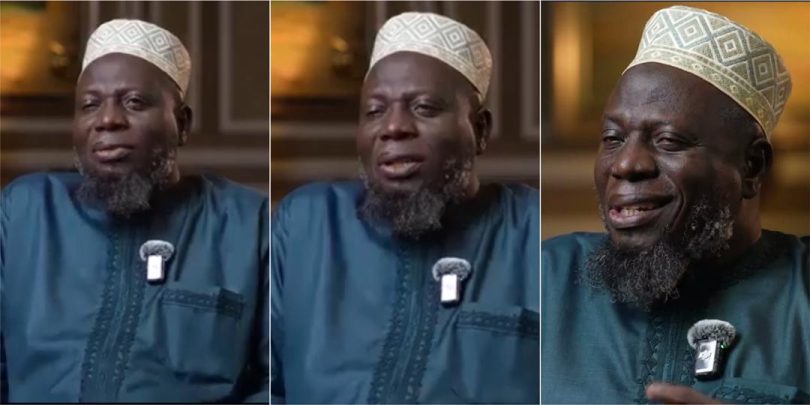A popular Islamic cleric, Dr Sharafdeen Gbadebo, has cautioned Muslim couples against conducting DNA tests to determine the paternity of children, saying that such practice is forbidden under Islamic law.
His remarks come amid the growing popularity of DNA testing in Nigeria, particularly in cases of suspected infidelity and paternity disputes.
Islamic Guidance on Paternity
Dr Gbadebo made the statent during a recent lecture delivered in Yoruba.
He explained that Islam provides clear guidelines on paternity, making scientific methods like DNA testing unnecessary and un-Islamic.
“Why would you (Muslims) do DNA test? Islam does not allow us to doubt the paternity of a child conceived by a wife legally married. This is why it is said that the man who owns a wife owns the children she gives birth to. The position of Islam is that anybody that engages in fornication or adultery with a woman will be entitled to nothing,” he said.
The cleric highlighted Lian, an Islamic procedure recognized when a husband questions the paternity of a child.
Under Lian, both husband and wife must take solemn oaths before God.
The husband swears four times that the child is not his, invoking divine punishment if he lies, while the wife swears four times that the child belongs to her husband.
Upon completion, the man permanently loses the right to claim the child, and the marriage is annulled.
“Let’s take for instance, two people engage in sex out of wedlock, and this led to giving birth to a child, is there any DNA test that would grant the man paternity of such a child in Islam? There is none. It is forbidden. That child will always be seen as a product of Zina,” Dr Gbadebo added.
He emphasized that DNA testing, whether expensive or affordable, has no place in Islam, urging Muslims to follow religious guidance over scientific methods in such matters.
Medical Expert Affirms Accuracy of DNA Testing
Contrasting Dr Gbadebo’s religious stance, a medical scientist, Miss Aisha Ahmad of University of Ilorin Teaching Hospital, stated that DNA testing remains highly reliable for determining biological parentage.
“DNA test is 99% accurate if it is done correctly and at the right place. It is still the best way to determine paternity of children when in doubt,” she explained.
She clarified that while the cleric’s point is valid from a religious perspective, it does not affect the scientific accuracy of DNA tests:
“Like you said, the man (Dr Gbadebo) is speaking from a religious point of view and he is right to say DNA cannot legitimize an illegitimate child in Islam. But that should not mean it is not accurate.”

